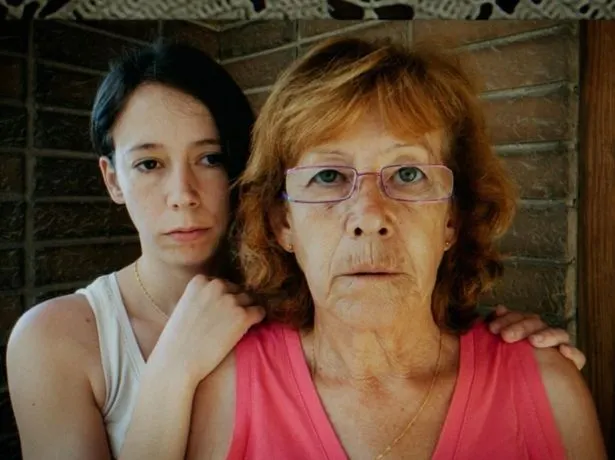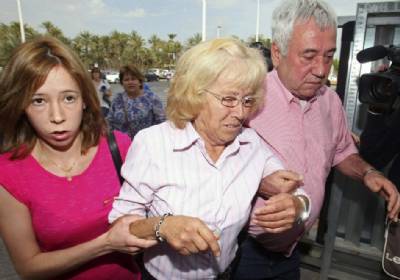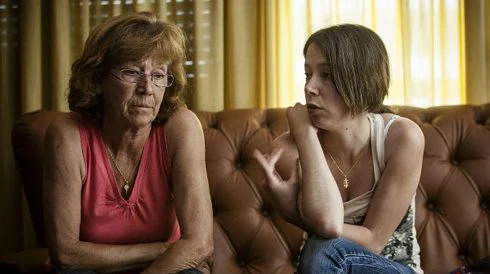Physical Address
304 North Cardinal St.
Dorchester Center, MA 02124
Physical Address
304 North Cardinal St.
Dorchester Center, MA 02124

In Benejúzar, Spain, 1998, a teenage girl accused her neighbor of a brutal assault. Years later, her mother, María del Carmen García, confronted him during prison leave — and set him on fire. This is the story of trauma, justice, and a community divided.
In October 1998, the small farming town of Benejúzar in Alicante was shaken by an accusation that split the community. Thirteen-year-old Verónica Rodríguez García reported that her neighbor, Antonio “Pincelito” Cosme (Velasco Soriano), had attacked her at knifepoint.
According to court testimony, Cosme allegedly used his familiarity with Verónica to gain her trust, placing her in a vulnerable situation before subjecting her to the assault.
The case divided the town. Many stood by the young girl and her family, while others defended Cosme because he was a long-standing local resident. Despite the controversy, Cosme was convicted, and in 2000 he was sentenced to nine years in prison.
For Verónica and her mother, María del Carmen García, the outcome was bittersweet. Although justice had been served in court, the stigma of living in a small town, the slow-moving legal process, and Cosme’s later access to temporary prison release left them feeling exposed and unprotected.

In June 2005, Cosme was granted day release from prison — but neither María nor Verónica were warned that he would be returning to the town.
During this furlough, Cosme encountered María near her family’s home in Benejúzar, despite the fact that he no longer resided there. Reports say he taunted her — asking about her daughter in a manner that deeply provoked her — before walking into a local bar the family frequented almost daily.
Overcome by rage, María left the scene, purchased a container of fuel, and returned to the bar. She doused Cosme and set him on fire inside the establishment.
Cosme suffered devastating burns and died in hospital ten days later. María was soon arrested and charged with his killing.
María’s trial became a years-long legal battle. She was initially sentenced to nine and a half years in prison, but the Spanish Supreme Court later recognized that she had experienced a temporary mental breakdown at the sight of Cosme, reducing her punishment to five and a half years.
Her lawyer also secured what is known in Spain as “third-degree” prison status, a semi-open system that allowed her to spend her days in freedom, only returning to prison at night to sleep. After serving this arrangement for several years, she was fully released in 2018.

The case sparked passionate debate across Spain. To some, María was a mother driven to the edge by institutional failure and community stigma; to others, her act was plain murder, regardless of motive.
The case has continued to resurface in Spanish media, and most recently, in a documentary series that features María and Verónica themselves, as well as interviews with townspeople, revisiting how the community responded and how the tragedy unfolded.